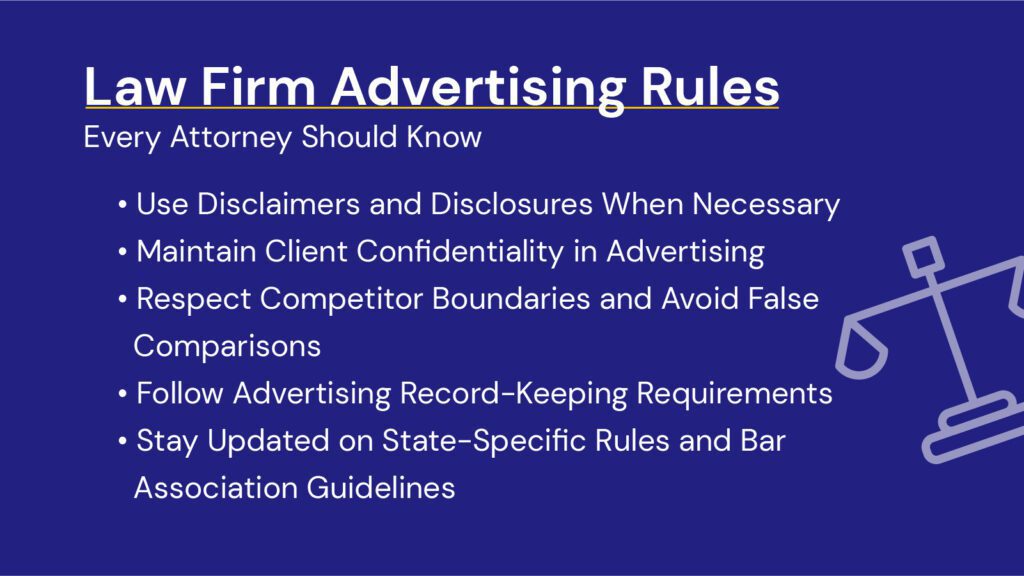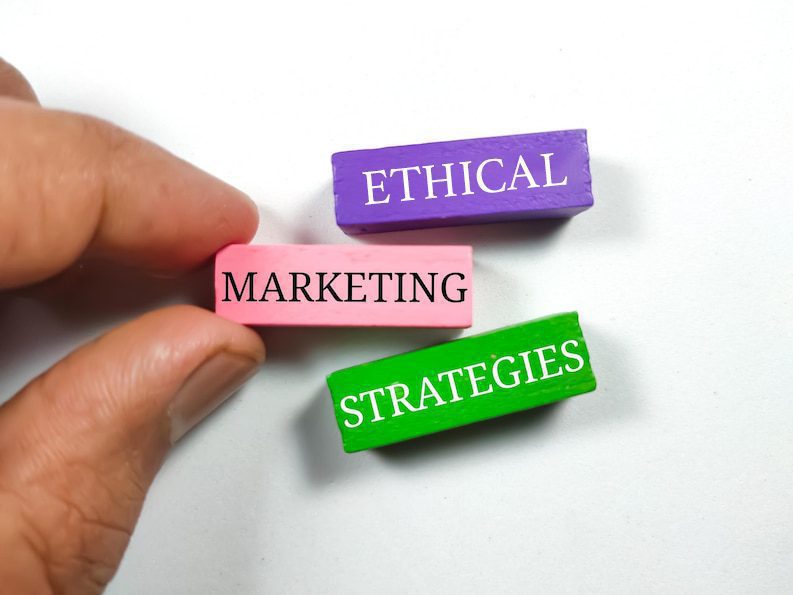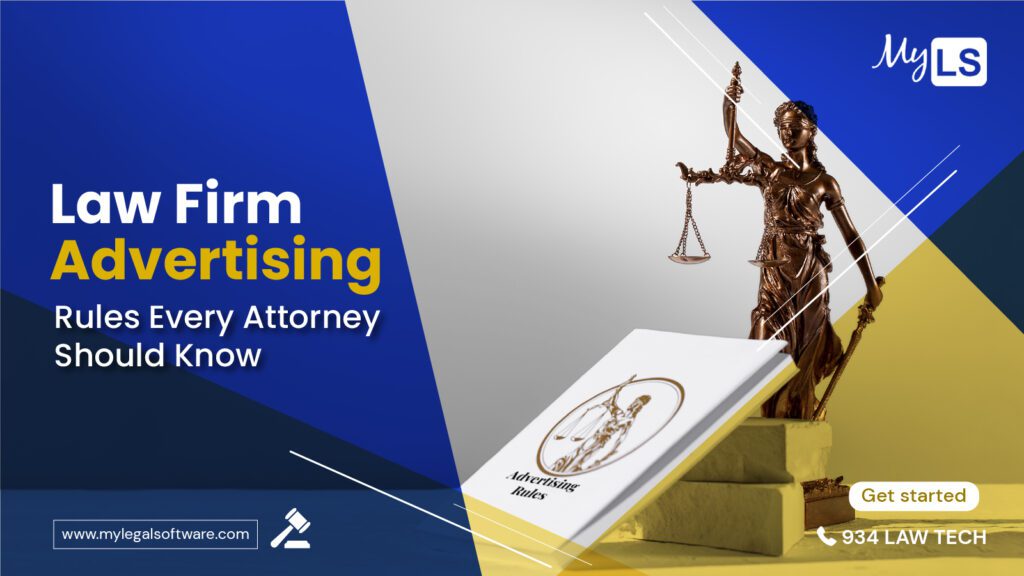Advertising of legal services in the United States is generally allowed, but it is subject to regulation by state courts and bar association rules.
Decades ago, lawyers were prohibited from advertising their services entirely. However, a significant shift occurred in 1977 when a Phoenix-based law firm published an advertisement in a local newspaper. This particular ad became the catalyst for the landmark decision in Bates v. State Bar of Arizona, which ultimately altered the landscape of lawyer advertising. The Supreme Court, therefore, removed the ban on advertising. However, they still allowed the State Bar to “regulate” advertising in order to make certain that the information presented was true and did not mislead others or make false claims.
Who Regulates Attorney Advertising?
The American Bar Association (ABA) establishes national rules that outline what lawyers can and cannot do in their advertising efforts. However, lawyers may face additional limitations based on the specific regulations of the state in which they practice.
According to ABA Rule 7.2 on Communications Concerning a Lawyer’s Services, lawyers are allowed to utilize any platform for marketing purposes. However, there are specific limitations regarding the content that can be shared.
To ensure compliance with attorney advertising rules, here are several key points to consider:
Claims of Specializations and Certifications:
Lawyers should be cautious when claiming specializations, expertise, or certifications outside of state-approved programs. Certain state bar associations offer designations based on specific criteria. Attorneys should review their respective state’s rules, such as California’s guidelines for using the term “certified specialist” in attorney advertising.
Avoid Misleading or Deceptive Statements:
Statements that may be considered misleading or deceptive should be avoided, including the use of superlatives. Lawyers should err on the side of caution, refraining from making claims like “we are the best/most successful law firm in X area” or ” we will get you what you deserve.”
Superlative expressions are boastful, hyperbolic expressions that sometimes have no literal relationship with the reality they purport to describe. Rather, opt for alternative versions that focus on the firm’s positive aspects without exaggerated claims.

Law Firm Advertising Rules Every Attorney Should Know
- Use Disclaimers and Disclosures When Necessary
- Maintain Client Confidentiality in Advertising
- Respect Competitor Boundaries and Avoid False Comparisons
- Follow Advertising Record-Keeping Requirements
- Stay Updated on State-Specific Rules and Bar Association Guidelines
Testimonials and Endorsements:
Testimonials and endorsements can be powerful marketing tools when used correctly. However, they may be regulated to prevent false claims or confusion. Lawyers should ensure that testimonials are genuine and not influenced by any form of compensation. State bar associations may have specific rules regarding disclaimers and marketing language.
Inclusion of Office Address:
Some states require attorneys to list their physical office addresses on marketing materials, enabling potential clients to contact them directly. For example, Florida mandates that attorneys must have an office address and reference it in specific ads. Lawyers should check their state bar association’s requirements regarding office address inclusion.
The distinction between Marketing and Solicitation:
Lawyers must understand the difference between marketing and solicitation, as a direct solicitation of clients may have specific rules and limitations. State bar associations often have regulations surrounding direct marketing or email marketing to prospective clients. Lawyers should familiarize themselves with these rules and maintain thorough records of their marketing activities.
Required Details in Ads:
Certain state bar rules may require attorneys to include specific details in their ads, such as contact information, bar memberships, or labels denoting the communication as advertising. Attorneys should review these rules to ensure compliance and consider whether they can include additional details like rates or law firm awards.
Restrictions on Trade Names:
While trade names for law firms are generally permitted, some states, such as New York, prohibit law firms from advertising under trade names. Lawyers should be cautious about the information listed in advertisements and review their state’s regulations.
Talking about Competitors:
Lawyers should be mindful when discussing competitors in their advertisements. It is important not to malign the competition, and there may be limits on comparisons set by state bar rules. However, attorneys can indirectly highlight their unique qualities without directly mentioning other firms.
Record Retention:
Some jurisdictions require attorneys to retain copies of their advertisements for a certain period. For example, New York mandates that digital ads be kept for one year and physical ads for three years. Lawyers should comply with these record-keeping requirements, which can help with reflecting on past strategies and maintaining compliance.
Despite the complexities, marketing, and advertising offer significant benefits for law firms. By understanding the rules, attorneys can create effective and compliant campaigns. It is crucial to partner with marketing consultants who are knowledgeable about these regulations and review all materials before publication.

Embrace Effective and Ethical Marketing Practice For Your Law Firm
When outsourcing your law firm’s marketing efforts, choose your partners carefully. Keep in mind that marketing tactics that may work well in other industries might not align with the ethical rules for lawyers. Select a marketing agency, such as the experienced Digital marketing professionals at Mylegalsoftware, who understand both the digital marketing landscape and the legal industry. With our experience & legal background, we will create compelling marketing campaigns and content while ensuring full compliance with the established guidelines.







